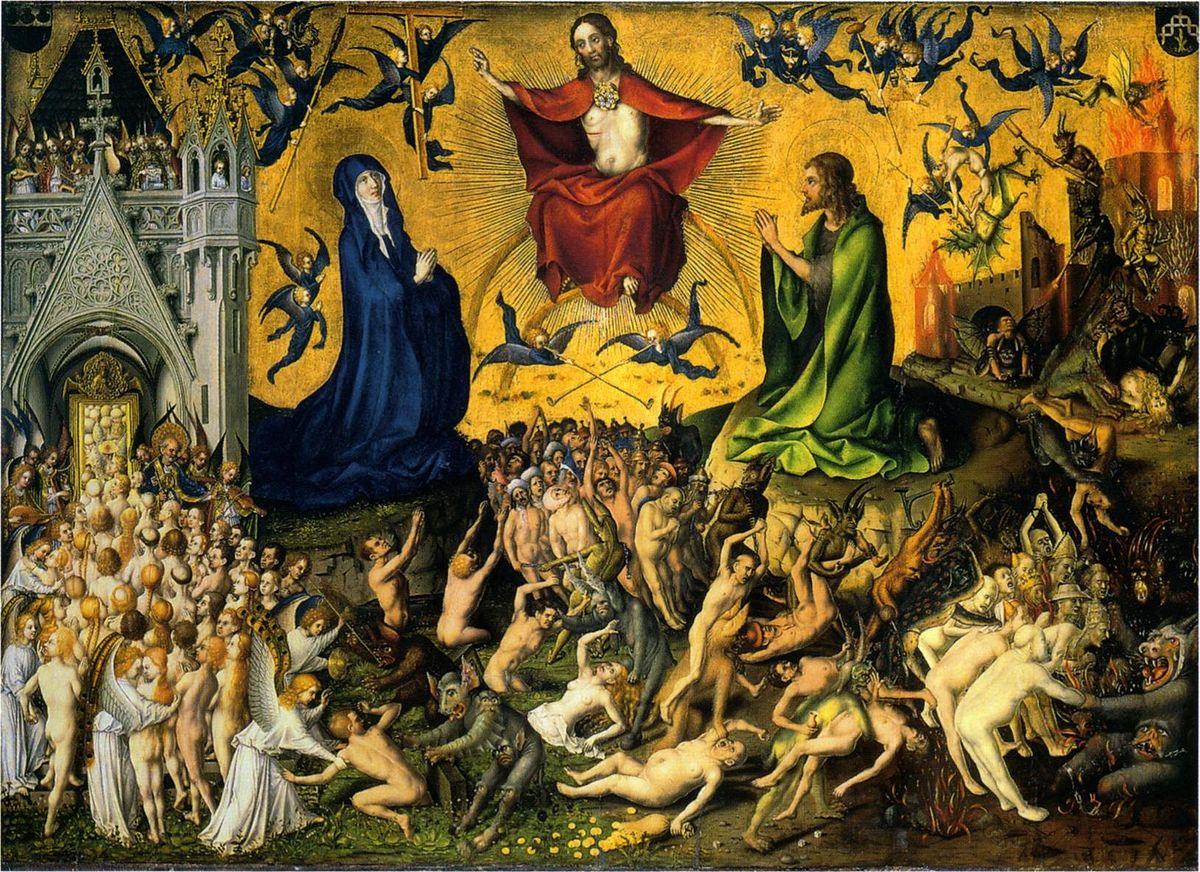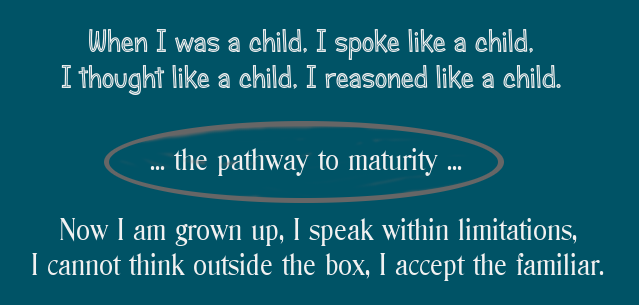If what I write below is close to what is here and coming then taking heed could really unlock some health into our world and for the next generation. If we do not heed it…
I have been very exercised about some of the significant global crises that are on the horizon. For the past 3 weeks I have been seeing a very serious economic upheaval. Then a few days ago the global climate report was published with the ‘we have twelve years to address this’. It would be crazy to dismiss this report, as crazy as if I had a group of credited medics in front of me all pushing for the same diagnosis but I argued for something different, someone with no medical expertise. The only, and invalid, reason for dismissing this UN climate report would be because of the economic ramifications to the world we have created.
We have entered a window of time when the façades are opening again, so I wish to repeat a dream I had at the beginning of the decade and in the same season as another dream that seemed to indicate that it was relevant for this decade. For those who have read this before feel free to jump ahead.
I was in a town square and simply standing at one side of it.. I was observing the buildings on the other side and knew that they represented every institution that had shaped the public space as we have it today: education, health, government, business, trade, church, etc. were all present. With no prior warning and all at the same time the fronts of the buildings came froward and then up as if they were on a hinge. Anyone could look inside the buildings. My first thought was I need to warn those on the other side of the square as buildings acting like that will soon become very unstable and fall over, so I considered anyone close was in real danger. I got ready to shout my warning but soon realised that the buildings were not going to fall over. I then held my warning as I tried to work out what was going on. I felt a sense of danger but knew it was deeper than ‘get away from the buildings’. While I am contemplating what the danger was someone began quietly to sing a well-known worship song that focused on the Lordship of Jesus. There were obviously enough people in the public square with Christian faith that a second person added their voice, then a third and so on. The volume of the singing rose some, and then when it reached a certain level, all the buildings simply closed up again. I was very disturbed by what had happened and did not know what I should shout out. While pondering this, trying to get a handle on the appropriate warning I heard an audible voice that came from just behind me (I never looked left nor right but simply focused on the buildings that were across the square.) The audible voice said:
It is the familiar that restores the status quo, that brings everything back to where it was.
Now I knew the warning I needed to get across. The warning was concerning pulling on the familiar, and the shock in the dream of course was that the familiar that caused the façades to close up was the response of singing by those of faith – but familiar is familiar however we define it.
Knowing what the warning now was I cleared my throat, took a deep breath and then shouted out: ‘It is the familiar…’ I got those four words out and a person from my right side stood right in my face, eye-balling me, to intimidate me. I was determined that I would not be put off, so stepped to my left, cleared my throoat, and then once more got the first four words out and the person repeated their intimidating action. This happenned one more time, so three times this person prevented me shouting out the whole warning. I stepped aside once more and again shouted the first four words. This time the person finished my sentence (‘It is the familiar…’) with the words
that brings things back to normal.
Similar but such a false representation.
Given that I consider Scripture calls the body of Christ to act priestly what takes place in the public square is our responsibility. There might be a battle, it might take time for a change to come, we might well also have ‘failures’ as we engage, but the point is we have to step up to our responsibility. We cannot control what happens there, but through our positioning in the world and our petitioning to heaven we can shift the spiritual atmosphere and create boundaries so that there is an opportunity for the growth of righteousness. In the light of that it is not surprising that in the dream it was the response of believers that short-circuited what was happening in the public square. There is evidently a time to sing, and there is a time not to. I say this as I am convinced that the façades are opening up again. We have to learn what the right response is in this season.
An aside on some current reflections – with the acknowledgement they might not be the most relevant and tomorrow they might not even be relevant. Many Western nations are not willing to engage in any level of sanctions against one of the main human rights violators (Saudi Arabia) because they purchase arms from us – this is certainly true of Spain, the UK and the USA. Economics triumphs over ethics. Mammon or God, Jesus said, and although we would be naive to expect some kind of ‘Christian’ standard in a nation we do have the right to expect a level of right action, and nation after nation are putting economics before any humanitarian perspective. In a few days we are in Brazil and will be there for the final vote for the presidency. A figure who seems to have huge support from many Christians is of course pushing a strong agenda that might increase their economy but at what cost to the environment and to the marginalised? No candidate is perfect but to get behind someone because they are pro-a-number-of-moral-issues and pro boosting the economy as if they are God’s candidate is extremely naive. Maybe we can suggest at times a particular approach better accords with our beliefs but it really is time to drop the idea of a God appointed candidate or a Christian nation.
The façades are opening. It is not simply that we will be able to see the bizarre nature of the Western economic system that only operates if there is debt (debt will always result somewhere in slavery and at some measure an inevitable eating tomorrow’s bread today) or the paucity of public political debate but we will be able to see some very deep roots… unless we close our eyes to what is being revealed. The familiar can close the façades down, although I wonder if we (believers) will even be able to do that this time round. And beyond the familiar there are factors that hamper our sight. Those will be found in our commitment to a shallow Gospel that does not challenge nationalism, patriotism, patriarchy and the deep inequalities in society. If we do not heed at this time that the Gospel is neither Jew nor Greek, slave nor free, nor male and female we will find our eyes will not even see what is before us and we will simply look for ‘normal’ to be restored.
What is being exposed in the days that lie ahead (and I am sure much more can be added to this) are:
- greed and consumerism
- misogyny
- protectionism that demonises the ‘other’
The inevitable result will not just be trade wars, but war. It will not simply be a major shift to extreme right wing policies (as we see rise in Europe) but the establishing of a neo-nazi totalitarianism that will eventually be seen not be favourable to faith, including that of the Christian faith.
I suggest we have the next two years, when either a level playing field will be established or we will leave the next generation a Herculean task to bring things forward to something that resembles a God shape for society.








